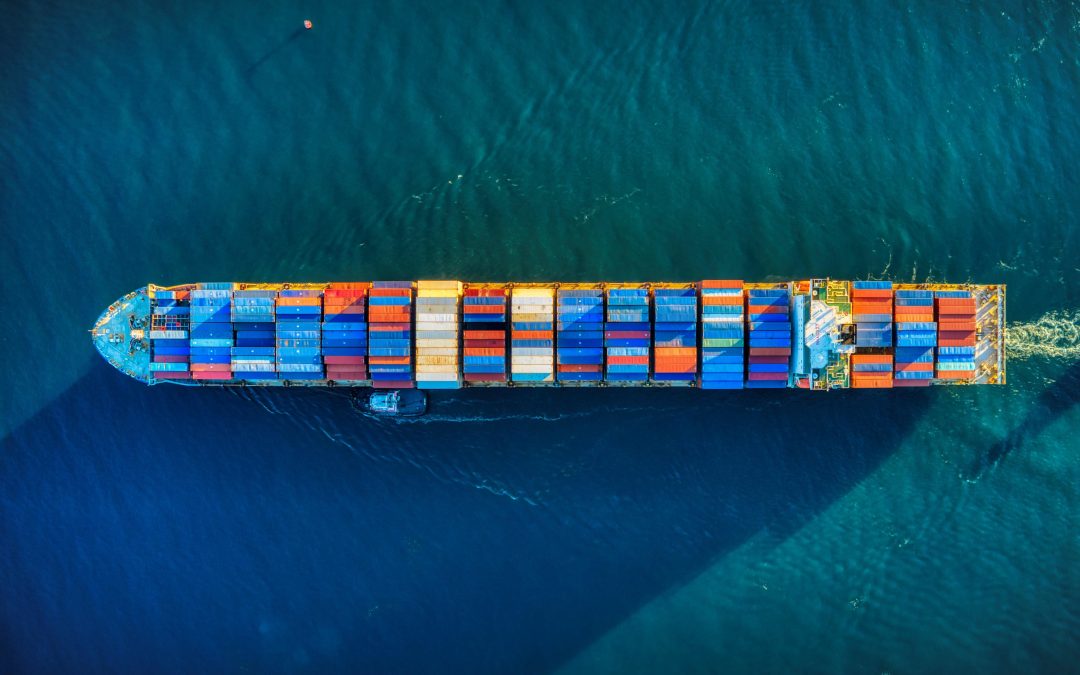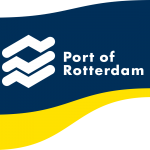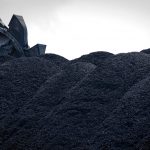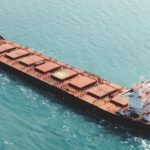Pacific Basin Shipping Limited, one of the world’s leading dry bulk shipping companies, today announced following a two and a half year collaboration with Japanese partners Nihon Shipyard Co., Ltd. (Nihon Shipyard Co.) and Mitsui & Co., Ltd. (Mitsui & Co.), that the Company has ordered a total of four 64,000 dwt dual-fuel low-emission vessels (“LEVs”) capable of running on both green methanol as well as fuel oil.
Two of the vessels are contracted jointly with Nihon Shipyard Co. and Imabari Shipbuilding Co., Ltd. For delivery in 2028 and 2029, and two are contracted with Mitsui & Co. for delivery in 2028 and 2029. Thevessels are all to be built by Nihon Shipyard Co. and are of a new design optimised for fuel economy with the newest and most efficient engines as well as extra upgrades to further enhance the vessels’ operational capabilities and safety features.
The LEVs’ dual-fuel engines make them capable of running on both conventional fuel oil and biofuel as well as green methanol which, when produced using sustainable feedstocks and renewable energy, will generate emissions that can be classified as “low carbon” or even “net zero” on a lifecycle basis. Drawing on the collaborative work with its Japanese partners since May 2022, the Company remains confident that green methanol is currently the most appropriate low-carbon marine fuel for its first generation of LEVs, but it will continue to reassess the benefits of different fuels as green fuel technology, safety, availability and pricing develops.
Pacific Basin has also entered into a memorandum of understanding with Mitsui & Co. dated 28 November 2024 that will give the Company access to volumes of green methanol that will enable the LEVs (and, through emissions pooling, other conventionally-fuelled Pacific Basin vessels) to comply with and even benefit from coming FuelEU Maritime rules and expected IMO global greenhouse gas fuel standard rules. The Company is in dialogue with several green fuel suppliers and producers to develop its access to bio-methanol and e- methanol, as well as biofuel (biodiesel).
Mr. Martin Fruergaard, CEO of Pacific Basin, said: “Ordering these vessels aligns with our longstanding initiative to develop commercially viable and efficient dual-fuel low-emission vessels, and represents a major milestone in our long-term plan to transition to net zero emissions by 2050. We are confident that the vessels’ design, specification and quality will meet our cargo customers’ requirement for safe, reliable and low-emission transport well into the future. This move reconfirms our belief in our market going forward and in the business case for such LEVs, and it aligns with our sustainability goals, enhances our fleet’s ability to comply with increasing decarbonisation regulations, positions us at the forefront of innovation in our sector, and affords us several strategic early-mover benefits that will be important in the years ahead. Additionally, these dual-fuel vessels offer the fuel flexibility to optimise, comply and compete – and accelerate growth for Pacific Basin – in what will be an increasingly challenging regulatory environment
and market.2
Looking ahead, we will continue to utilise our strong balance sheet and cash flow to execute our long-term growth strategy. With this newbuilding order, we are creating significant growth optionality for Pacific Basin, enabling growth through additional LEV newbuilding orders and/or long-term charters of newbuildings with purchase options, while maintaining discipline in our acquisition of high-quality modern second-hand Handysize, Supramax and Ultramax vessels to renew our fleet while selling older and less efficient Handysize vessels.”
Source: Pacific Basin






